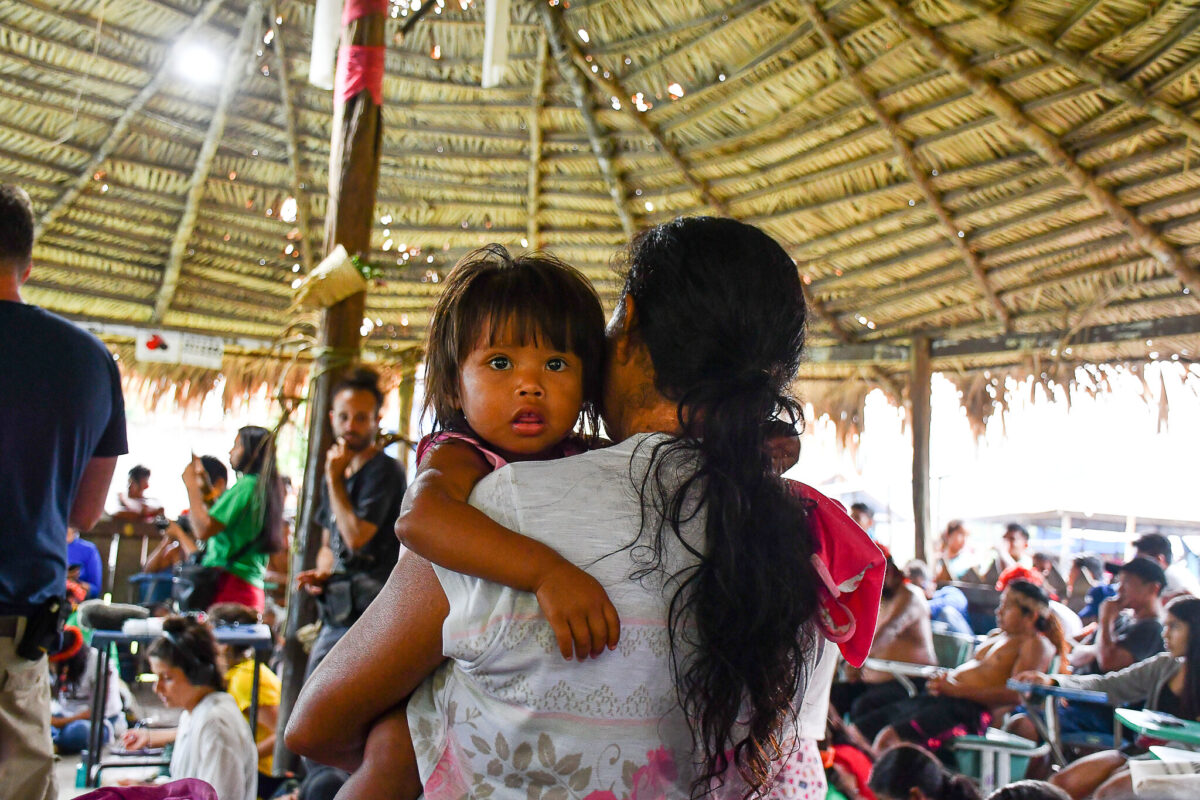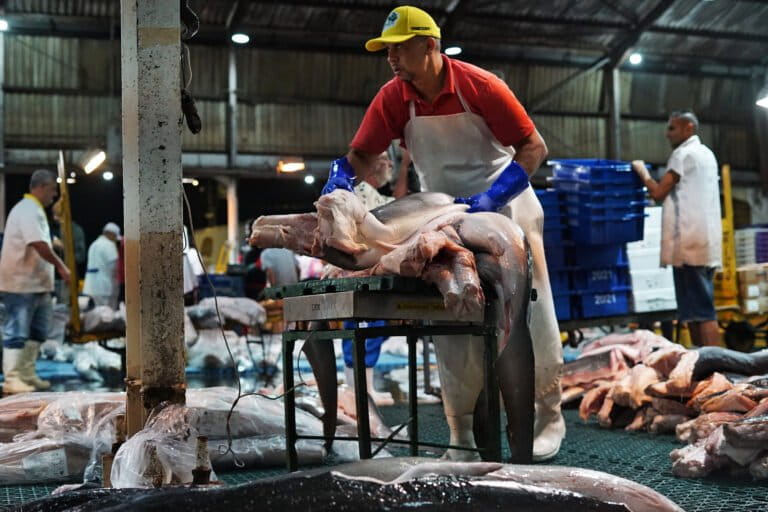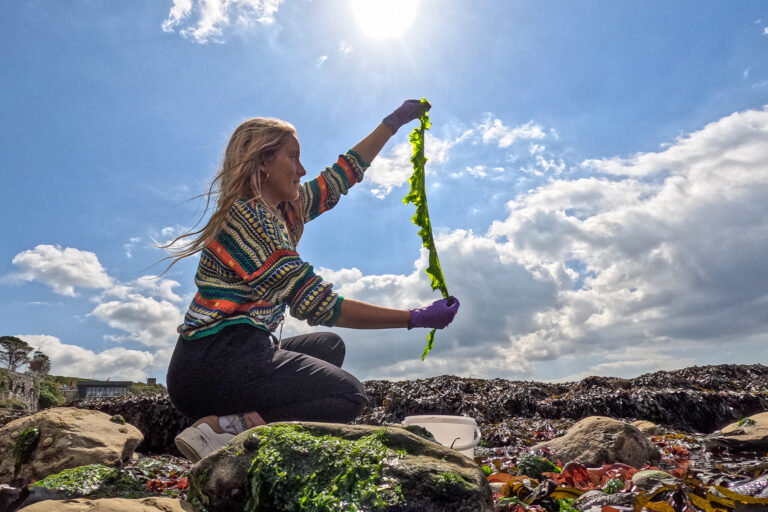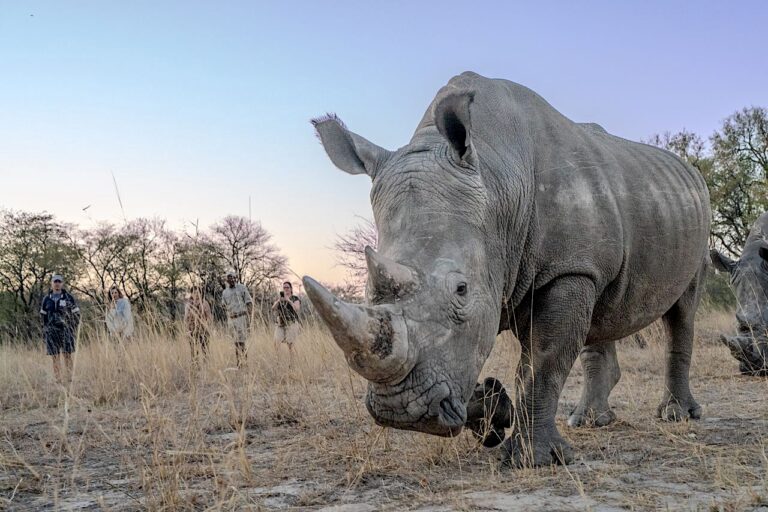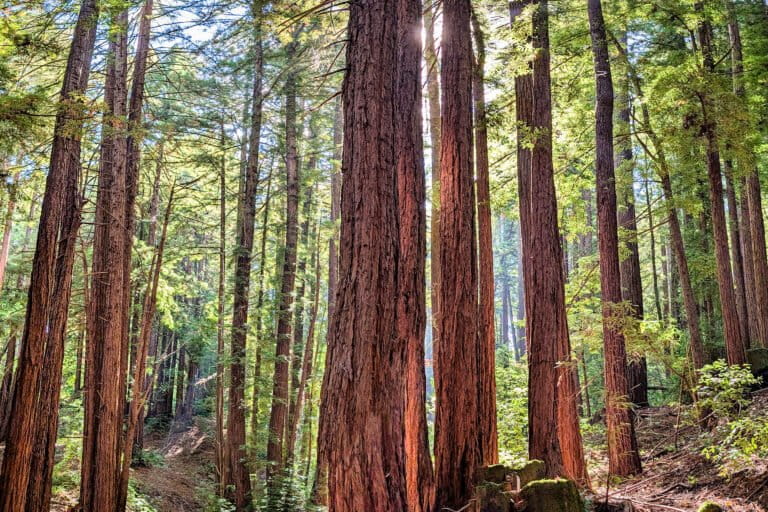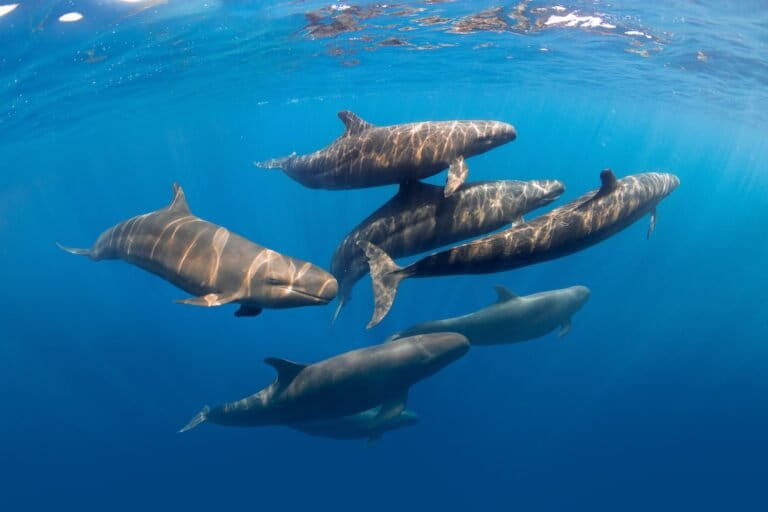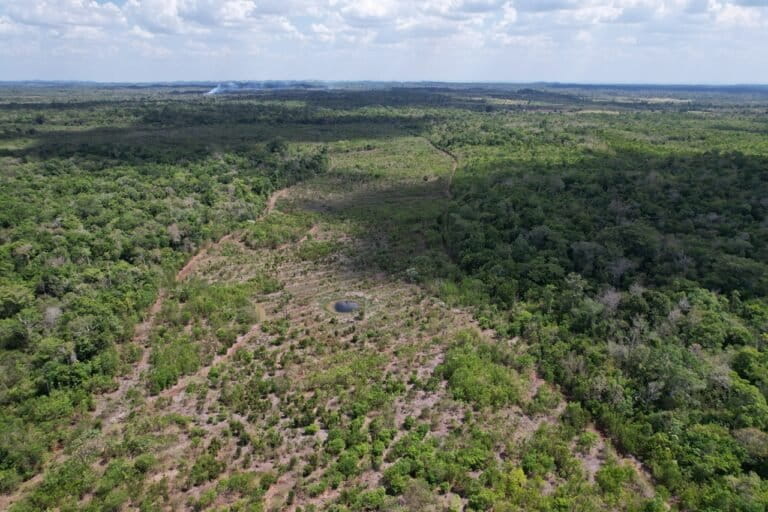- Recent talks between the presidents of Brazil and the U.S. have spurred hope for a renewed global commitment to protect the Amazon Rainforest.
- The U.S. has pledged to work with Brazil to strengthen the protection of the Amazon, including offering “initial support” to the recently revived Amazon Fund.
- Reports claim the U.S. will initially donate $50 million toward the fund, inciting disappointment among some experts who claim billions, not millions, are required to eliminate deforestation.
- However, many environmentalists praise the collaboration as giving credibility to Brazil’s environmental agenda and claim it could encourage more countries to donate.
The revival of the Amazon Fund at the start of this year was considered a major victory for the protection of the Brazilian Amazon Rainforest after former President Jair Bolsonaro suspended the fund in 2019, contributing to soaring deforestation levels.
Originally started by Germany and Norway in 2008, the Amazon Fund is the most important international cooperation that raises donations to prevent, monitor and eliminate deforestation and promote sustainability. So far, it has supported 102 projects, including combating forest fires in the Amazonian state of Rondônia, enhancing sustainable production of forest resources and ensuring food security for riverine peoples.
Now, a recent meeting between U.S. President Joe Biden and Brazil’s new President Luiz Inácio Lula da Silva has been largely praised by environmentalists as an essential step for the future success of the Amazon Fund and the possibility of achieving Lula’s promise of zero deforestation by 2030.
During the highly anticipated meeting between Biden and Lula on Feb. 10 at the Oval Office in the White House, the U.S. government agreed to work with Brazil on supporting the Amazon Fund, signaling stronger ties between the two countries after a period of frosty relations.
“As part of these efforts, the United States announced its intent to work with Congress to provide funds for programs to protect and conserve the Brazilian Amazon, including initial support for the Amazon Fund, and to leverage investments in this critical region,” according to a joint statement released after the meeting.
“The confirmation of the U.S.’s entry in the Amazon Fund is a significant change in the way the U.S. deals with climate finance for Brazil as it transfers resources for Brazilian governance instead of acting via a cooperation agency. It’s really positive,” Natalie Unterstell, president of the climate policy think tank Talanoa Institute, told Mongabay by phone.
The two presidents also agreed to increase meetings of the United States-Brazil Climate Change Working Group, a joint initiative created in 2015 to discuss issues relating to land use, clean energy and domestic and global environmental agendas.

Brazil’s environment and climate change minister Marina Silva, who accompanied Lula to the U.S., told reporters that “this meeting was highly positive and had concrete indications of a task force for fundraising.”
The U.S. is planning its first initial donation of $50 million to the Amazon Fund, according to Reuters, although neither government has yet confirmed a final figure. “This is an important gesture and a first step from the point of view of rebuilding the bilateral relationship between the countries,” Unterstell said. “But we will need a strategy of billions, not millions, to achieve zero deforestation in this decade.”
Some critics have bashed the donation figure after speculation that the U.S. administration would use Lula’s visit to announce a major contribution. “The U.S. contribution was disappointing,” Acioli Olivo, vice president of SindCT, the union for science and technology workers in the federal government, told Mongabay by phone. During the 2020 run for the White House, Biden proposed working with global partners to create a $20 billion fund that would encourage Brazil to change its approach to the Amazon, although then-president Bolsonaro turned it down.
Minister Silva told reporters that more important than the donation figure is “the Americans’ commitment and the creation of a new mechanism, regardless of concrete values at this time.”
“This has a catalytic effect,” she added, as the involvement of the U.S. “gives credibility and transparency to the climate protection agenda.”
The participation of the U.S. in the Amazon Fund marks a symbolic first step in acknowledging Brazil’s commitment to environmental protection, experts say. “The largest economy in the world will become the 3rd country to donate funds to the [Amazon Fund]. It shows the confidence in the robustness of [the] Fund’s governance, reestablished by [Lula] after Bolsonaro’s attempts to destroy it,” said Carlos Rittl, international policy advisor to the Rainforest Foundation, in a tweet.
France and the EU have already announced their intentions to contribute to the Amazon Fund, according to Catherine Colonna, France’s minister of Europe and foreign affairs. Britain, which is already the third-largest contributor to Brazil’s environment, having committed more than £250 million ($303.6 million), is also looking at joining the fund.

Reviving the Amazon Fund
Formed in 2008, the Amazon Fund is the main initiative to raise funds to help fight deforestation and promote sustainable development in the Amazon Rainforest. Managed by the Brazilian Development Bank and mostly funded by Norway and Germany, the fund operates with voluntary donations based on conservation results of the Amazon Rainforest.
Brazil currently has 3.3 billion reais ($637.5 million) in the Amazon Fund, as well as a further 500 million reais ($96.6 million) donation from the Green Climate Fund and 550 million reais ($106.2 million) allocated to the federal environment budget, according to the Climate Observatory, to help support environmental policies for the protection of the country’s biomes.
“The fund has enough resources to finance a lot of preservation projects in the Amazon,” Olivo from SindCT said. “And Norway and Germany will continue investing.”
During his four-year tenure from 2019 to 2022, Bolsonaro relaxed environmental protections, encouraged mining and logging in the Amazon and allowed deforestation in the region to hit a 15-year high. The former president also dissolved the Amazon Fund steering committee that chooses sustainable projects to finance, arguing that the rainforest is an internal affair. Both Norway — the biggest Amazon Fund donor by far, having contributed $1.2 billion since 2004 — and Germany responded by suspending their donations.

Bolsonaro retaliated by criticizing Norway’s own environmental policies of whale hunting and petroleum extraction before claiming the Scandinavian country “has nothing to offer us,” severing ties between the countries in regards to the climate agenda.
After Lula took office with promises to reactivate the country’s environmental agenda, Germany pledged a $38 million donation to the Fund as part of an overall contribution of $217 million to Brazil, signaling the comeback of the Amazon Fund and sparking renewed hope for the future of the Amazon Rainforest. A report from the Amazon Network of Georeferenced Socio-Environmental Information claims the Brazilian Amazon has already passed the tipping point when swathes of forest could turn into savanna, and action to protect it is urgently needed.
Setting the tone for its environmental agenda, Brazil continues to seek further support for the Amazon Fund and for the protection of the country’s biomes. “We are reestablishing important partnerships for the care of our environment and the defense of democracy,” Lula tweeted. “Brazil is back in the global debate.”
Banner image: The president of Brazil, Luiz Inácio Lula da Silva, met with Joe Biden, the president of the United States, on Feb. 10 to discuss Brazil’s environmental agenda and restore frosty relations between the two countries. Image © Ricardo Stuckert/Agência Brasil.
FEEDBACK: Use this form to send a message to the author of this post. If you want to post a public comment, you can do that at the bottom of the page.
From deforestation to restoration: Policy plots path to Amazon recovery




